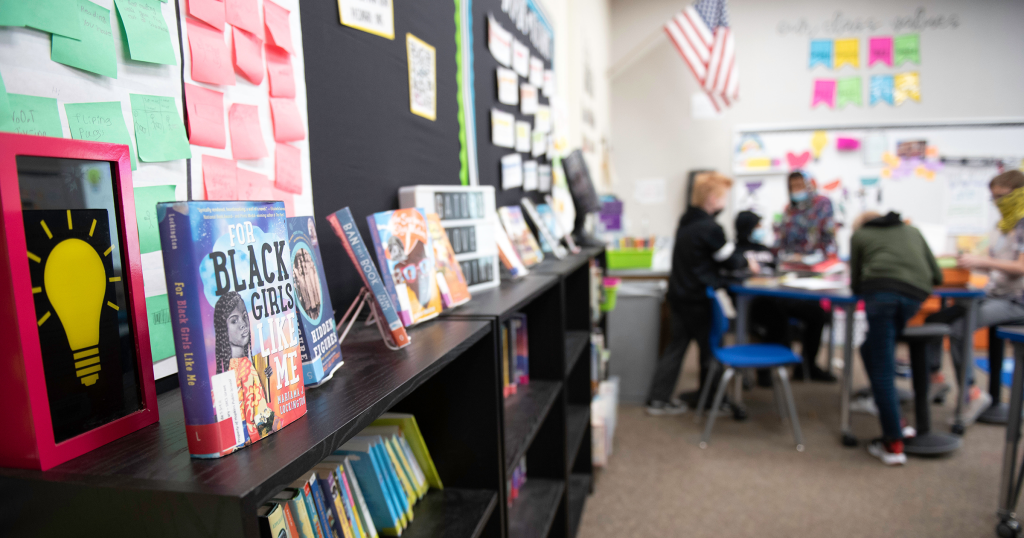Minnesota’s legislative session ended Monday without a deal for students.
Last minute proposals raised hope agreement could be found—in particular, on curtailing the special education cross-subsidy and bolstering literacy instruction. But time ran out.
A special session is possible. More likely, a new legislature will decide the fate of education items tabled this year. (In addition to record retirements, every seat—House, Senate, governor—is up for election in the fall.)
Here’s what we hope to see back in play next session.
Promoting positive identity, relevance with ethnic studies
The House education omnibus bill would have established ethnic studies graduation requirements, alongside existing social studies subjects like economics and geography.
Ethnic studies enable all students to better understand the rich cultures, heritages, and histories of our people told from multiple and diverse perspectives.
Not just another mandate, schools would enjoy flexibility in how to satisfy the requirement. And the emphasis on ethnic studies would clear barriers for students otherwise disengaged—those who struggle to find relevance in their learning precisely because they aren’t reflected in it.
Applying Covid-era lessons for student-centered learning designs
The governor’s education bill came out strong for competency-based education. Another bill, adding flexibility around seat time, would have similarly encouraged development of more innovative, personalized learning programs.
As we’ve written before, these proposals capitalize on pandemic-era lessons for what we can do in education when we discard outdated learning models, in favor of flexible innovations we know serve students better.
A greater focus on measuring outcomes that matter
A few bills this session sought to improve how we define and measure student and school success. We’re interested in how we can improve state assessments to be more useful for educators and students. And the conversation should include other measures of student success worth scrutinizing—like data collection systems on rigorous coursework, improved student state surveys, and even more innovative approaches like performance assessments.
Meeting students’ foundational needs so they can learn
The House and Senate education committees passed an identical provision for free menstrual products for students. Even so, it got left on the cutting floor. Let’s pick it back up.
And since the start of the pandemic, federal dollars have guaranteed all students free school meals. Proposals this year would have made free meals permanent in Minnesota. Students perform better when their foundational needs are met—and we have the capacity to meet those needs. Next session, we hope legislators have the will.
Sign up to receive Education Evolving blog posts by email.
